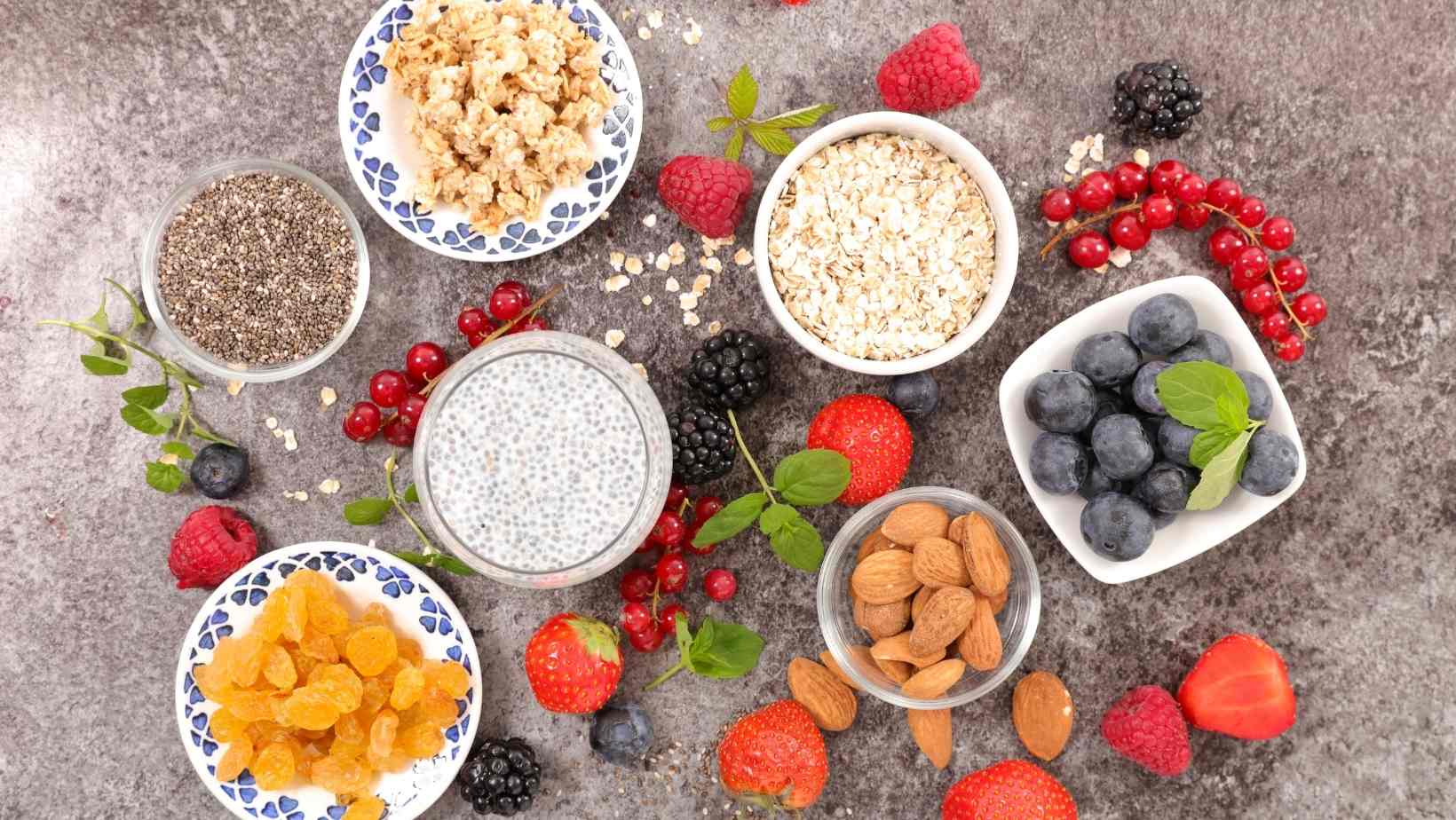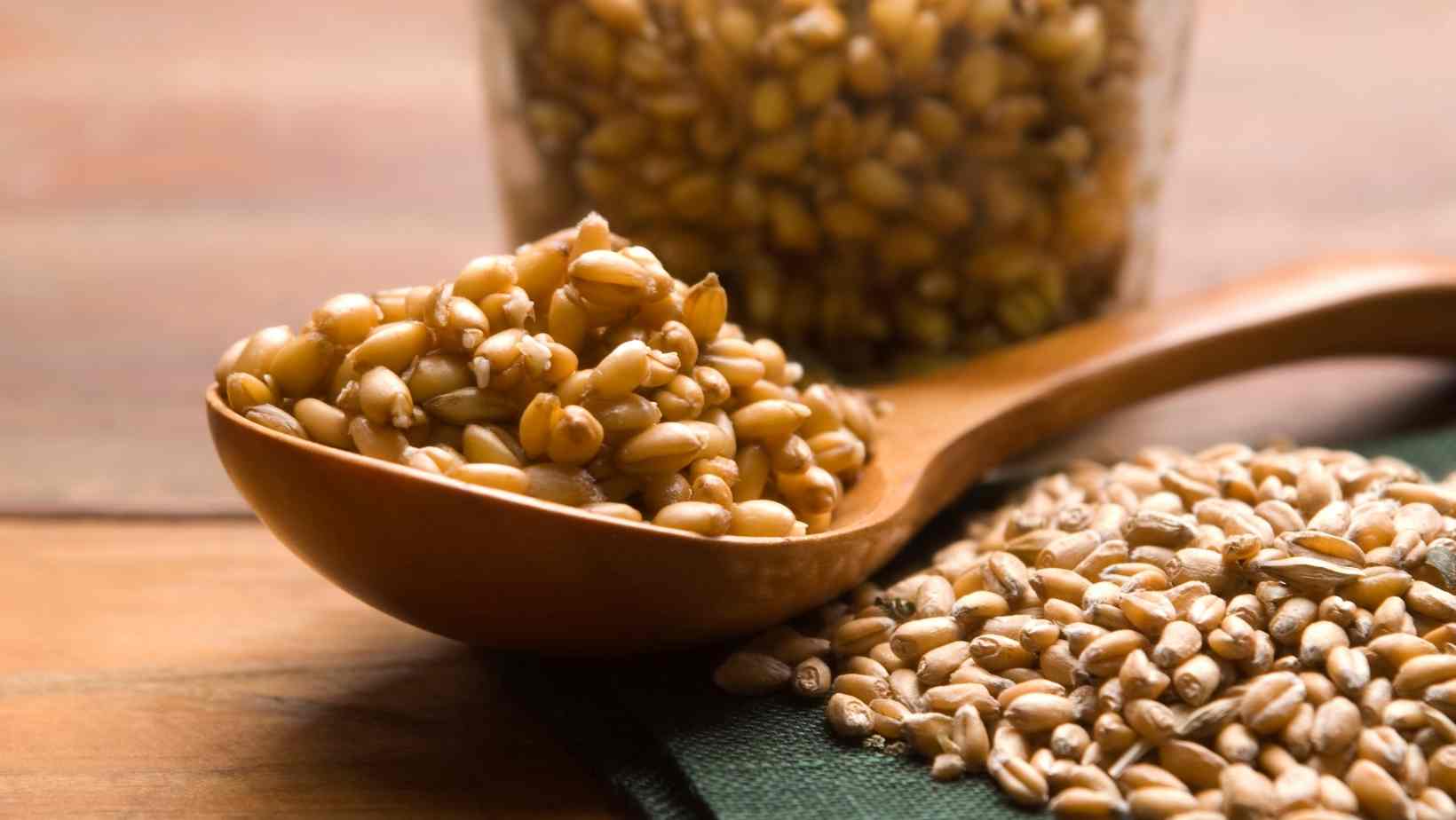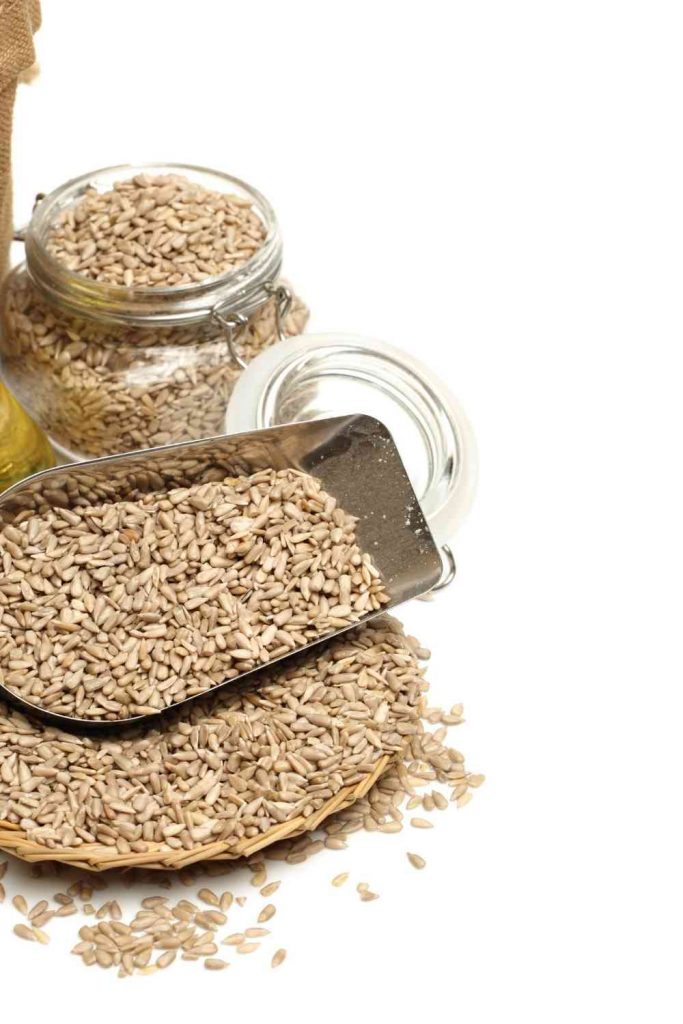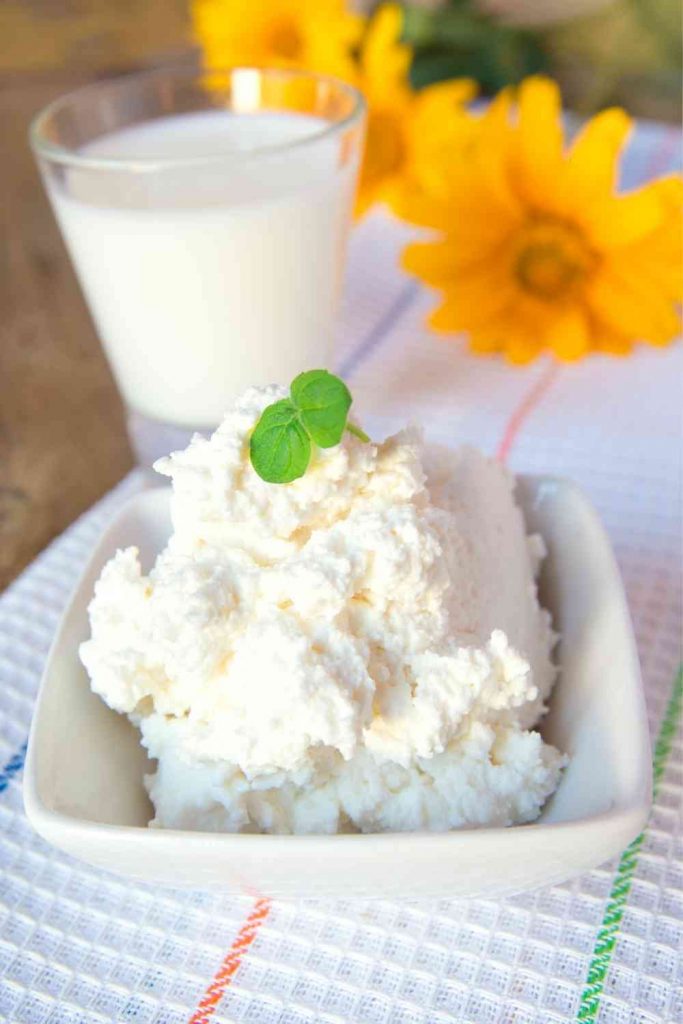Winter is approaching! This is more than simply the Game of Thrones slogan. With autumn upon us and the chilly days of winter approaching, it's more crucial than ever to eat well in order to maintain your immune system in top shape.
Here are a few of our favorite meals that are both delicious and beneficial to your fall superfoods to support your immune system. Give your body a leg up on microorganisms that may make you ill and make you unproductive.

Jump to:
1. Citrus Fruits
Vitamin C is abundant in citrus fruits such as lemons, oranges, grapefruits, and limes. Vitamin C is thought to increase the synthesis of infection-fighting white blood cells in the body. Ascorbic acid, or vitamin C, is a water soluble vitamin that dissolves in water. As a consequence, vitamin C is not stored in the human body. To avoid becoming ill, include vitamin C-rich foods in your diet or take a vitamin C supplement. Oranges are a fantastic source of vitamin C. Eat tangerines, which are in season during the holidays.
2. Almonds
Almonds are abundant in vitamin E, which is essential for a strong immune system. They also include a high amount of healthy fats, fibre, protein, and other minerals such as magnesium. Almonds are said to provide health advantages such as lowering blood sugar, blood pressure, and cholesterol levels. They may also help you lose weight by curbing your appetite. Almond milk may be used as a milk replacement in place of conventional milk.
3. Wheat Germ
This is the sort of germ that is good for you, the component of a wheat seed that nourishes the seedling plant. Wheat germ is very nutritious since it is high in vegetable proteins and good fats. Zinc, antioxidants, and B vitamins are abundant in wheat germ. Wheat germ may be used in place of flour in baking recipes for a nutritious and tasty snack.

4. Green Tea
Although America is known for its coffee consumption, that does not rule out the possibility of trying another caffeinated beverage. Green tea, like black tea, has a lot of flavonoids, which are antioxidants. Green tea, unlike black tea, has a significant amount of epigallocatechin gallate (EGCG), a potent antioxidant that has been found to boost immunological function! Black tea has a separate fermentation process, which eliminates the majority of the EGCG. Green tea is high in the amino acid L-theanine, which may help improve your immune system by assisting in the formation of particular white blood cells.
5. Garlic
Garlic is one of the most often used components in cuisine all over the world. Raw garlic has been shown to lower blood pressure, is an excellent coffee ingredient, and is a natural antibiotic for fungus and viruses on the skin. Because most of these health advantages are lost during processing, avoid using garlic powder if you want to remain one step ahead of the flu this winter.
6. Sunflower Seeds
Vitamin E, found in sunflower seeds, is a potent antioxidant that aids in the regulation and maintenance of the immune system. A quarter-cup of sunflower seeds has more than 80% of your daily vitamin E needed. Sunflower seeds are also abundant in selenium, a potent antioxidant that is beneficial to heart and thyroid health.

7. Pomegranates
The ancient Egyptians were correct in using this biblical fruit to heal diseases, according to modern studies. Pomegranate extract may help your body fight a range of diseases, including the dreaded flu virus. If you don't have time to peel the seeds, pomegranate juice is a great way to get your antioxidants.
8. Ginger
Ginger is a mainstay in most Southeast Asian cuisines, although it is underappreciated in the West. Aside from Trader Joe's Gingersnap cookies, many Americans have never heard of this fabled root. Ginger is abundant in antioxidants and helps with nausea, vomiting, and morning sickness. A delightful and nutritious approach to immediately absorb the nutritional benefits of ginger is to steep peeled ginger in hot water to produce a simple tea. There's also evidence that ginger may help with exercise-induced muscular discomfort, although not immediately, but by slowing down the growth of muscle soreness over time. Including ginger in your diet, in any of its numerous forms, is an excellent way to stay healthy during winter.
9. Yogurt
On the label of your favorite yogurt, look for the words "live and active cultures." These probiotics are beneficial microorganisms that may help your immune system battle sickness by stimulating it. Plain yogurt is preferable to pre-flavored yogurts since the sugar content will likely exceed the health advantages. To spice up plain yogurt, add fresh citrus fruits or nuts and seeds like walnuts and sunflower seeds for a wonderful immune system boosting snack.

10. Bell Peppers
Bell peppers' vibrant hues indicate that they are abundant in beneficial micronutrients. If you really want a lot of vitamin C, one serving of bell pepper has twice as much as an equal quantity of citrus fruit. Bell peppers are high in beta-carotene, which is good for your eyes and skin. To savor the crispy texture of these tasty and healthful peppers, add them to a salad or stir fried.




